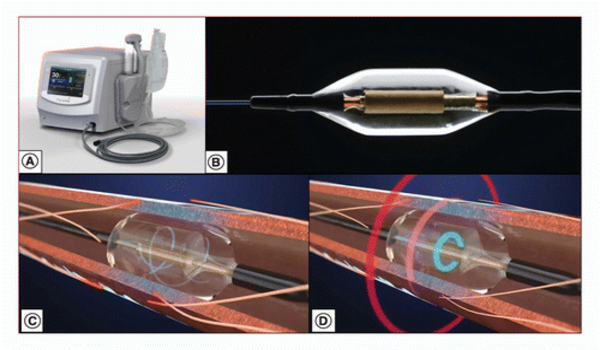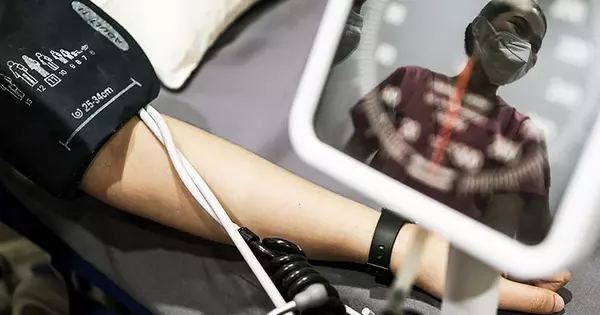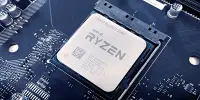Hypertension, or high blood pressure, is a common medical condition that affects millions of people worldwide. It is a major risk factor for heart disease, stroke, and other health problems. While there are many medications available to treat hypertension, researchers are constantly looking for new and innovative treatment options.
Researchers discovered that a new device that uses ultrasound to calm overactive kidney nerves consistently reduced blood pressure in patients with uncontrolled hypertension. A new study led by Columbia University and the Université de Paris in France discovered that the device consistently reduced daytime ambulatory blood pressure by an average of 8.5 points in middle-aged hypertensive people.
In patients with hypertension, doctors typically prescribe lifestyle changes such as lowering salt intake or losing weight, as well as blood pressure medications. Despite these interventions, approximately one-third of hypertensive patients are unable to control their blood pressure.
Once the device is available, we plan to recommend it to patients who have already tried other therapies. The hope is that by controlling blood pressure, we will be able to avoid kidney damage and other side effects of high blood pressure.
Ajay Kirtane
“Many patients in our clinical practice are just like the patients in our study, with uncontrolled blood pressure in the 150s despite some efforts,” says Ajay Kirtane, MD, professor of medicine at Columbia University Vagelos College of Physicians and Surgeons and co-leader of the study.
Leaving blood pressure uncontrolled for too long can lead to heart failure, strokes, heart attacks, and irreversible kidney damage.
“Renal ultrasound could be offered to patients who are unable to control their blood pressure after attempting lifestyle changes and drug therapy, before these events occur,” says Kirtane, an interventional cardiologist and director of cardiac catheterization laboratories at NewYork-Presbyterian/Columbia University Irving Medical Center.
The study’s findings, published in JAMA Cardiology, put the device to the test, which is used in an outpatient procedure called ultrasound renal denervation. The device is still experimental, and the FDA has not yet approved it for use outside of clinical trials.

Kidney nerves and hypertension
Middle-age hypertension is thought to be caused in part by overactive nerves in the kidneys, which cause water and sodium retention and the release of hormones that raise blood pressure. (As blood vessels stiffen in the elderly, hypertension is more common). Antihypertensive medications lower blood pressure in a variety of ways, including dilating blood vessels, removing excess fluid, and blocking hormones that raise blood pressure. However, none of these medications directly target the renal nerves.
Ultrasound therapy relaxes overactive nerves in the renal artery, interfering with the signals that cause hypertension. A thin catheter is inserted into a vein in the leg or wrist and threaded to the kidney to deliver the therapy to the nerves.
Study results
The new study combined data from three randomized trials that included over 500 middle-aged patients with varying levels of hypertension and medication use. When compared to patients in the sham groups, twice as many patients who received ultrasound therapy achieved their target daytime blood pressure (less than 135/85 mmHg).
“The results were nearly identical across the different study groups, demonstrating conclusively that the device can lower blood pressure in a wide range of patients,” Kirtane says. The procedure was well-tolerated, and the majority of patients were discharged the same day. Kirtane claims that blood pressure levels improved as soon as one month after the procedure.
The treatment will be evaluated by the FDA in the coming months.
Bottom line for patients with resistant hypertension
The researchers believe the treatment could be used in addition to medication and lifestyle changes for patients with uncontrolled hypertension. “Once the device is available, we plan to recommend it to patients who have already tried other therapies. The hope is that by controlling blood pressure, we will be able to avoid kidney damage and other side effects of high blood pressure” Kirtane continues.
















